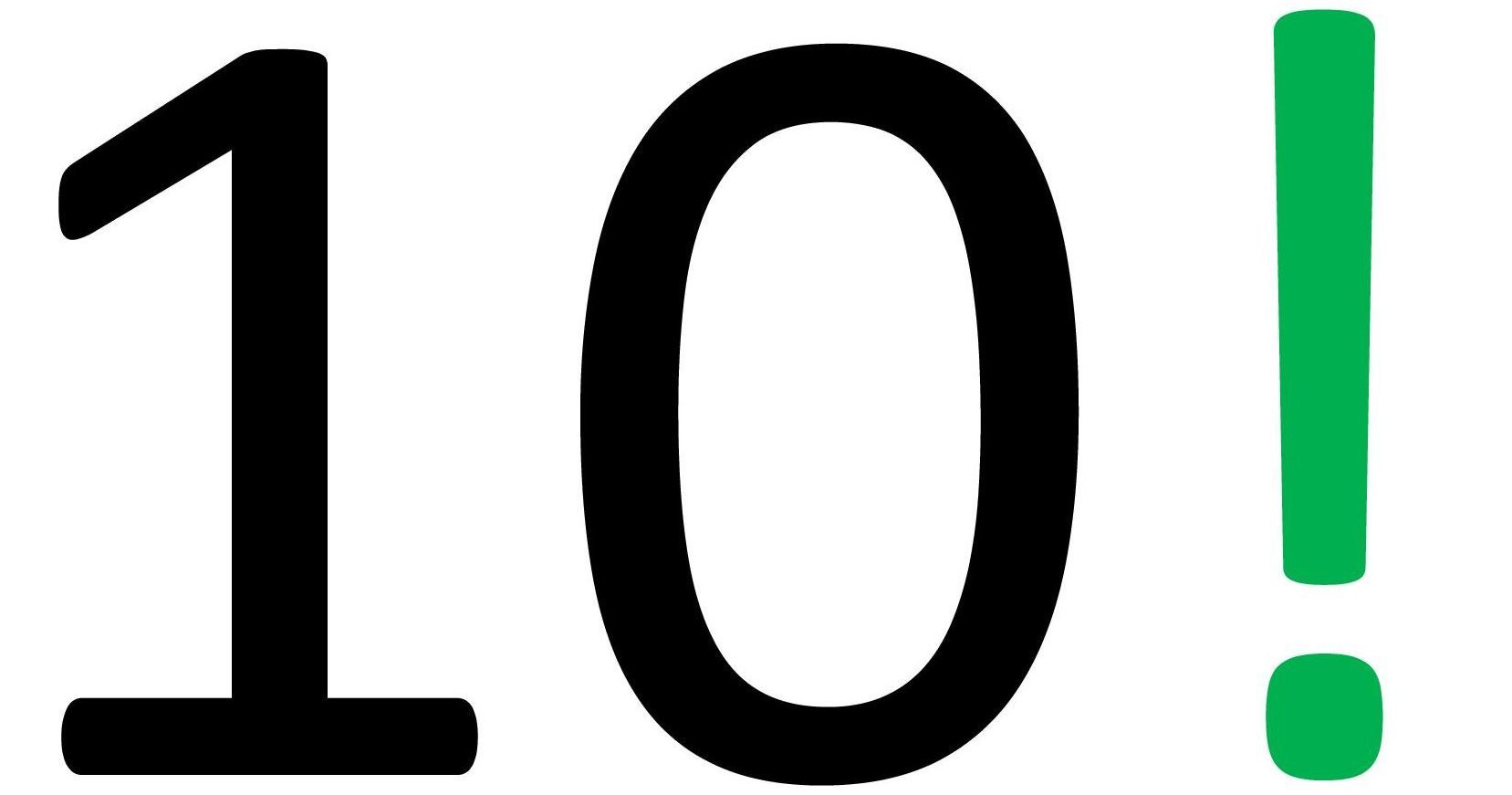Believe it or not, “naughty” once meant “nice,” and “awesome” was scary! It turns out that it’s not about old definitions but how we use words today. Words evolve, as do their meanings. Ready to see how? Let’s take a trip back in time to see how words have changed.
Nice
“Nice” back in the day was a real pickle; you’d have difficulty figuring out whether it was a compliment or a clever insult. Originating from the Latin word for “ignorant,” “nice” has been on quite the linguistic adventure from ‘silly’ to ‘foolish.’ Talk about a word with an identity crisis!
Sly
Initially, being “sly” was almost a badge of honor for skill, cleverness, and wisdom. It shared a kinship with “sleight,” hinting at dexterity and intellect, particularly in the context of a magician’s craft. Yet, over time, the word took a darker turn, and now being “sly” suggests deceit and sneakiness.
Awful
Once upon a time, “awful” and “awesome” were twins, both born from “awe,” meaning fear or dread. Fast forward from Old English, “awful” took a dark turn. By the 1800s, it was official; while “awesome” got to hang with the cool kids, “awful” became the word for the downright terrible.
Cheater
Back in the day (1662, to be more precise), a “cheater” wasn’t someone bending Monopoly rules. Instead, this title belonged to royal officers managing lands returned to the Crown. However, trust issues arose when some used their position for deception. Eventually, “cheater” evolved to mean a swindler or dishonest player.
Egregious
Believe it or not, “egregious” used to be a compliment. Originating from the Latin for “standing out from the flock,” it initially celebrated the remarkably good. The twist? Its modern meaning as shockingly bad sprang from an ironic twist, flipping “illustrious” to infamous. Language sure has a sense of humor!
Furniture
“Furniture” wasn’t always about cozy sofas or elegant dining sets. This word once referred to essential equipment, supplies, or even knowledge, as seen in a 1570 translation of Euclid’s work. Over time, it has settled down, focusing on the larger items that transform spaces into places for living and working.
Meat
“Meat” once had a broader table at the linguistic feast, referring to all solid foods, not just your steak or bacon. Imagine telling someone you’re off to buy some fruits and veggies and calling it “meat shopping.” Interestingly, “meat” still means any kind of grub in some Scottish locales today.
Naughty
In the 1300s, “naughty” meant down on your luck, essentially having naught (nothing). Within a century, the term took a moral tumble, branding folks as worth nothing, not in coins but in character. From the destitute to the devious, “naughty” evolved from describing poverty to pointing out promiscuity or wickedness.
Pretty
“Pretty” started its journey with a bit of mischief, originally signifying someone crafty or cunning. But as time went on, its connotation softened, celebrating cleverness and skill rather than slyness. By the 1400s, this word had undergone a complete makeover, focusing solely on the pleasing aesthetics we’re familiar with today.
Terrible
“Terrible” initially stormed into Middle English, wielding a meaning of inspiring great fear or dread, much like its cousins in the ‘scare’ family. Yet, it also flirted with ‘awe,’ being both fearsome and fantastic. By the 1500s, it firmly embraced its darker side, signifying something harsh, severe, or formidably bad.
